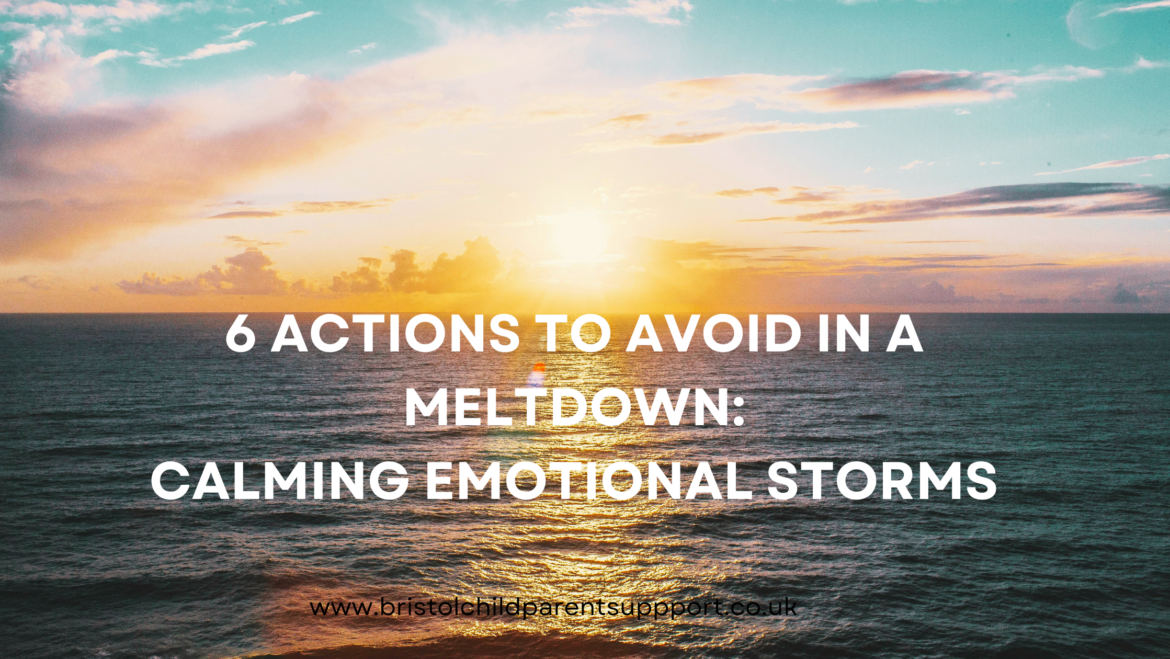Parenting can be challenging, but it’s important to remember that we don’t have to be flawless all the time. During times of emotional turmoil in our children, it’s important to keep in mind that we are all doing our best. As I’ve mentioned in previous articles, it’s common for children to go through tantrums, outbursts, and occasional meltdowns as part of their development.
However, the reality is, there are certain ways of parenting that can turn a simple tantrum into a full-blown twister. Here are five approaches to help you avoid your child’s meltdown from spiralling out of control.
6 Actions to Avoid When Your Child is in an Emotional Storm
Avoid asking questions, especially why!
During a meltdown or tantrum, your child is in a stress response (the fight or flight response). It means that they are out of control and they will not be able to respond to you. Believe me, asking questions such as why, or what’s wrong will escalate the situation and that is the last thing any parent wants!
At these times, it is a myth that talking about it will actually help.
Furthermore, not only do they lack the self-discipline/control to tell you, but they may also genuinely be unaware.
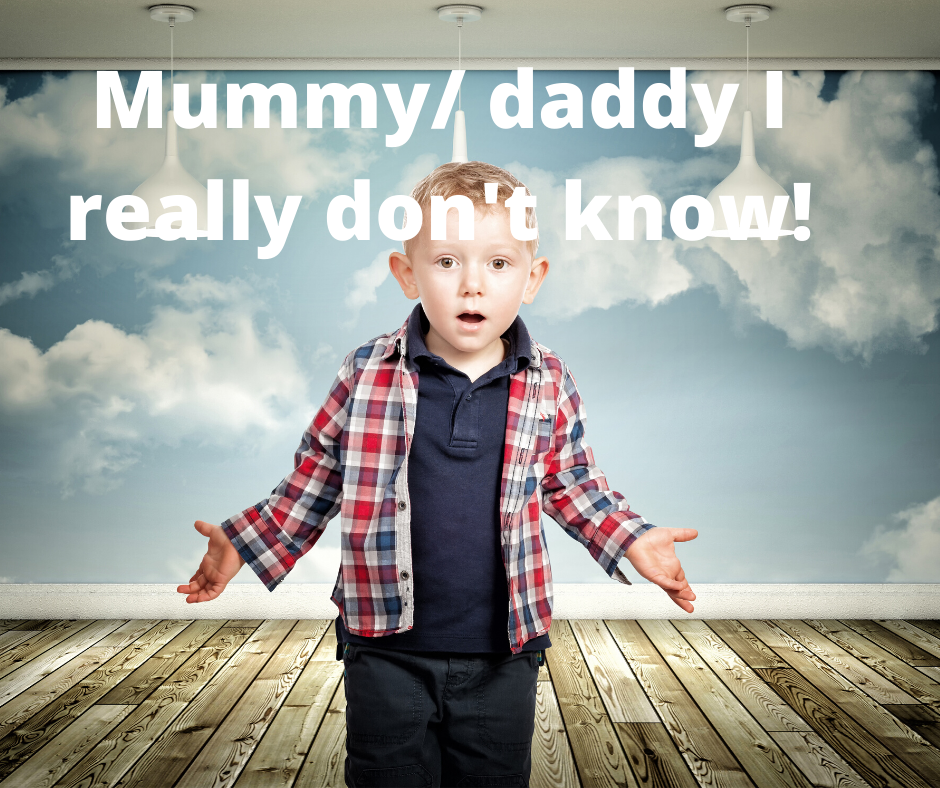
Science says their emotional brains are still in progress until they hit their late-teen and beyond ( 24-25) years. So don’t expect them to explain what they might be feeling and why they are doing something – they’re still figuring that out themselves!”
The best way to communicate is to say very little and offer simple statements. Use a soft tone in your voice if you can. Consider choosing:
I am here with you and we can stay here
Let’s move to a quieter place
I sometimes get angry too; we will work this out together
Responding instead of reacting
This looks hard. Maybe let’s take a break
It’s okay to cry. I am here when you are ready
2. Avoid using threatening body language
When your child is having a meltdown, it’s important to avoid coming across as a threat. One effective way to do this is by paying attention to their personal space, your body language, and your facial expressions. Likewise, it is important to appear calm and approachable when faced with a child in a meltdown. Keep your facial expressions neutral and use open body language. Avoid displaying a scowl, frown, or clenched jaw, and refrain from crossing your arms or placing your hands on your hips as these gestures can be seen as confrontational
Each person has their own personal space, but in times of intense emotions, this space may expand and a child may require extra room to feel secure, so you may need to keep your distance.
3.Avoid trying to reason.
When a child has a meltdown, their forebrain, which is responsible for reasoning and rationality, shuts down.
It’s often tempting to try and reason with the child, but this will often make the situation worse. Although your words may make sense logically, the child may not fully understand them. Therefore, it is important to avoid engaging in a power struggle at any cost. It is more effective to focus on comforting the child and meeting their basic needs. If you need a pause, because you are human, ask for help from your partner or take a pause and calm yourself.
4. Avoid making threats or using punishments during the “storm moment.”
Consequences and punishments are not the same. Please go to my other article, Positive Discipline Versus Punishment for further in-depth information.

Consequences (e.g. for verbal abuse or causing damage) are non-shaming and aimed at helping a child learn/reflect. If we use threats or punishments towards a child, they will not understand, benefit from it, or improve the situation, which is the opposite of what a parent wants. Instead, focus on regulating your child and making a plan with consequences once they have calmed down. If there is not a safety issue, then it is really okay for you to take a pause, gather yourself and then return to the situation in hand.
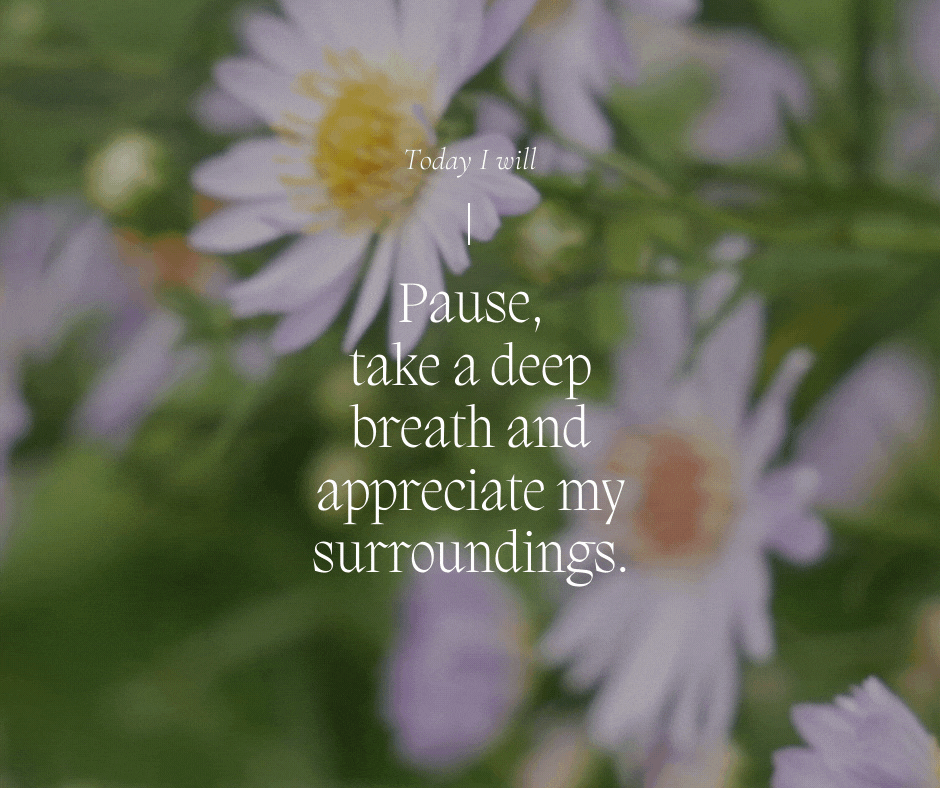
5.Avoid making additional requests
You know that feeling where everything feels like it’s piling up on top of you and you just can’t catch a break? Children feel that, too. So, when a child is feeling dysregulated, telling them to “stop” or ” calm down” and do something else is often going to make matters worse, no matter how nicely or assertively you ask. Keep in mind that the emotions on the surface may not be a true reflection of what is happening underneath. The Gottman Anger Iceberg illustration serves as a helpful reminder of this concept.
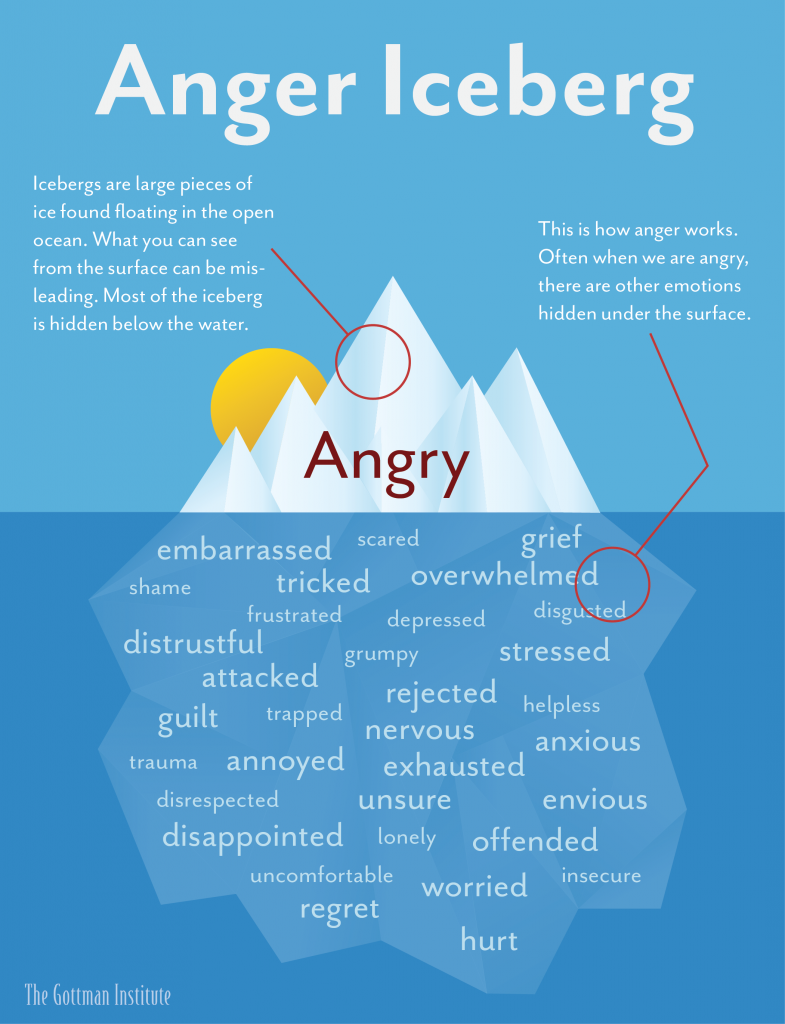
Place all of your expectations on hold temporarily and focus on supporting and validation.
Valadation can take make forms such as:
- Sitting quietly and listening
- Letting your child know you understand their feelings by using empathy
- Trying to understand what is at the root/ meaning of the meltdown
6. Avoid letting your perception take over during the emotional storm
Everyone perceives every situation through the lens of their own experience. This means it is relative and changeable. Therefore, there is no absolute truth. Your child’s perception of the events leading up to and during a meltdown may differ greatly from your own.
When we accept someone’s situation or viewpoint is different to ours, then we tend to stop believing we are right. We often become consumed by negative thoughts of blame and anger when we are focused on being right, which leads to further escalation. This is a human condition, so we all get caught up on it, including me. Remember, it is awareness that counts and everyone is doing their best.
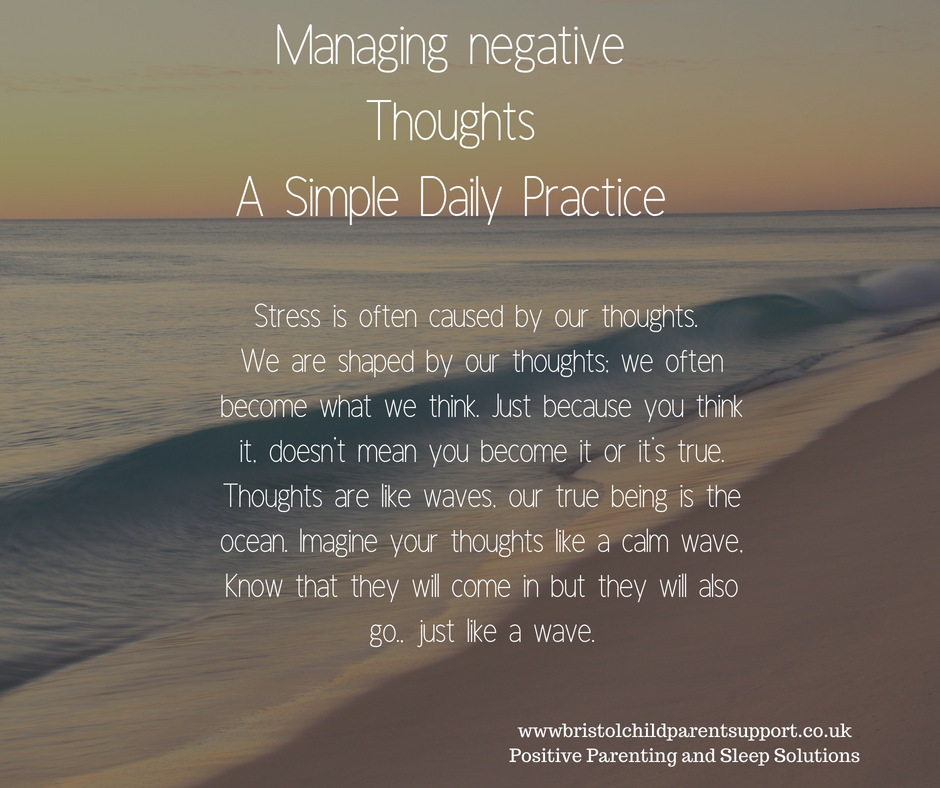
Thank you for taking the time to read this, and thank you for your commitment to the well-being of your child and your family and for your willingness to keep learning and growing. Remember: parenting is hard work.
Seek help and support if you want to transform it. Contact me for a consultation or to organise a workshop for your education community or friends. With Gratitude, Catherine
Are you interested in coming together with other parents facing the same issues as you?
I am a certified trainer in the Incredible Years and have over three decades of experience. If you’d like to participate in an in-person five/six week positive parenting programme during the summer/Autumn of 2024, please contact me or join my newsletter so I can add you to the mailing list for more information.
Related Articles
For younger children, 15 ideas on how to calm those angry moments and 8 ways to help your child calm down (Free poster to download). Positive Discipline versus Punishment
For teenagers, Create a self soothe/calming/comfort box


